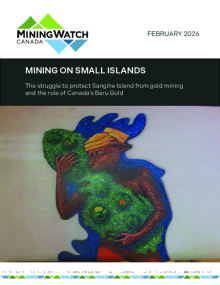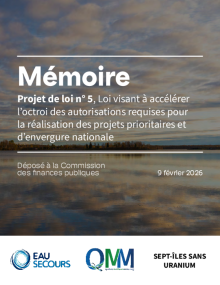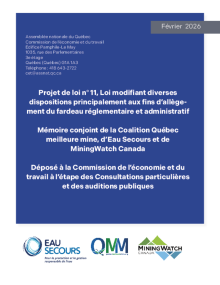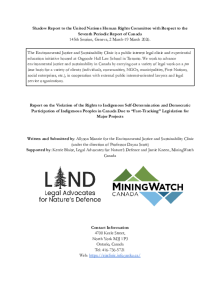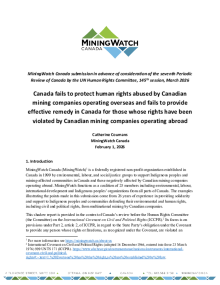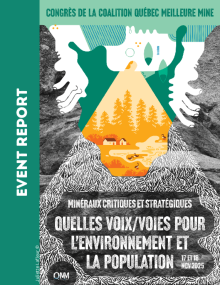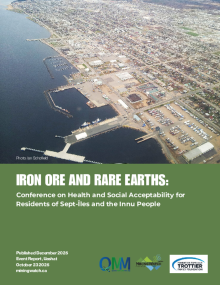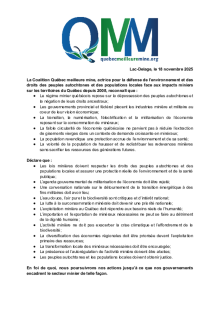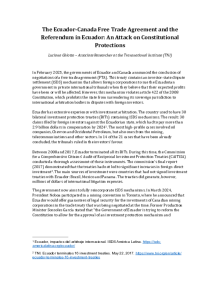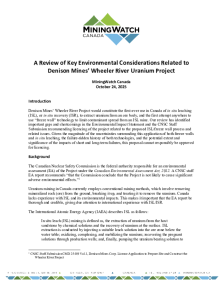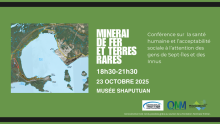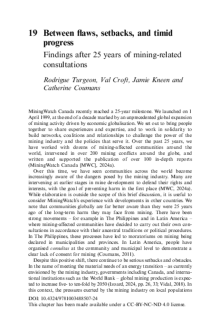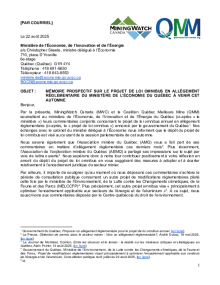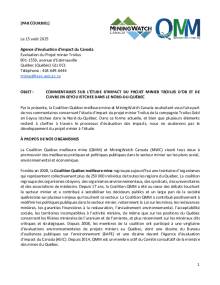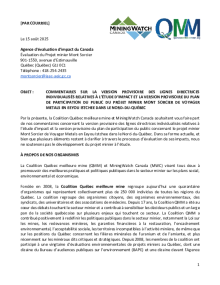Mining on Small Islands: the Struggle to Protect Sangihe Island and the Role of Canada's Baru Gold
This report is based on fieldwork carried out by Catherine Coumans, Asia Pacific Program Coordinator at MiningWatch Canada, on Sangihe Island in November 2025. It details the issues related to mining on small islands in Asia Pacific and the ongoing struggle by the grassroots Save Sangihe Island (SSI) coalition to protect Sangihe Island from gold mining by Canadian company Baru Gold Corp. The report discusses:
